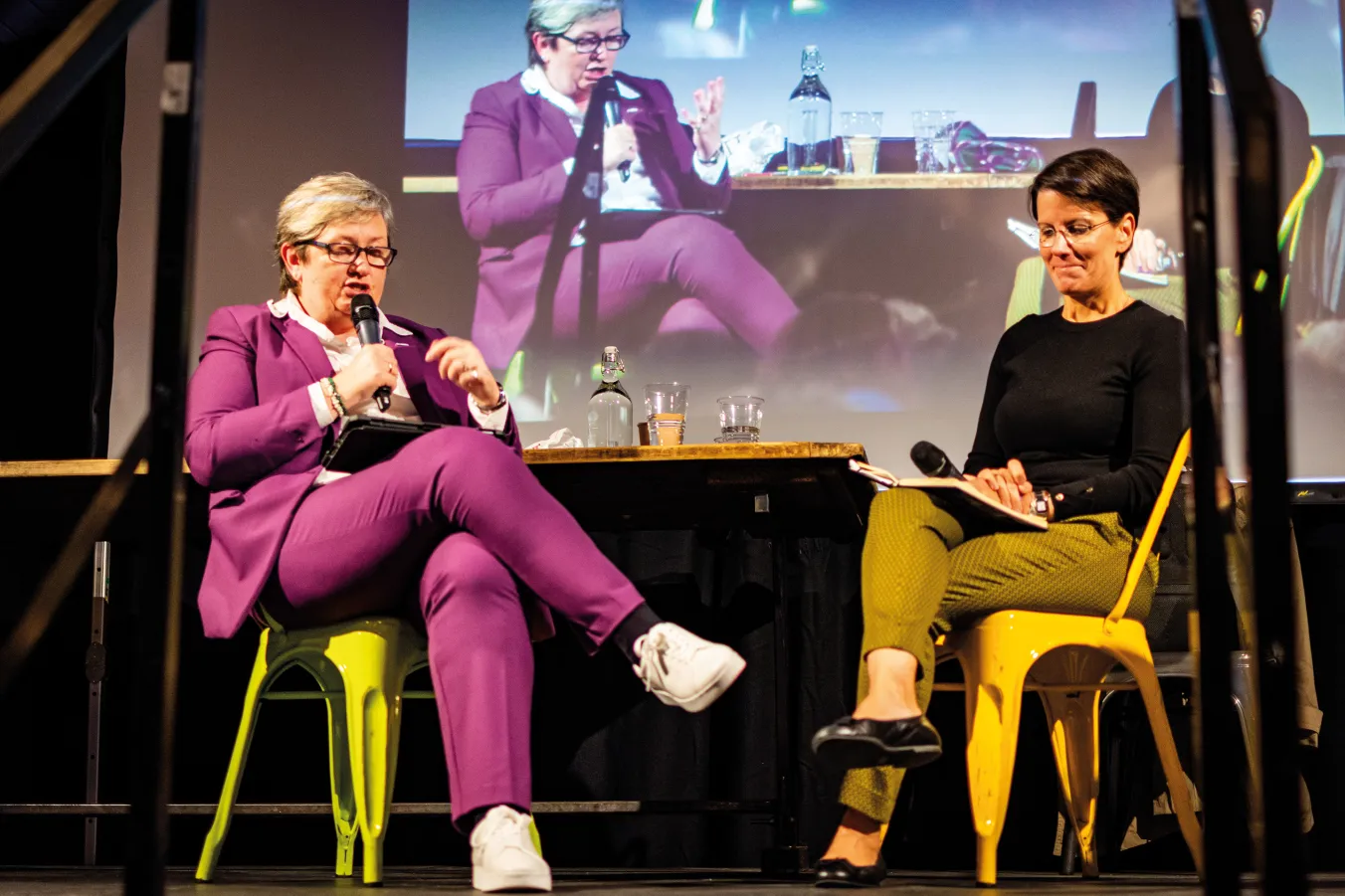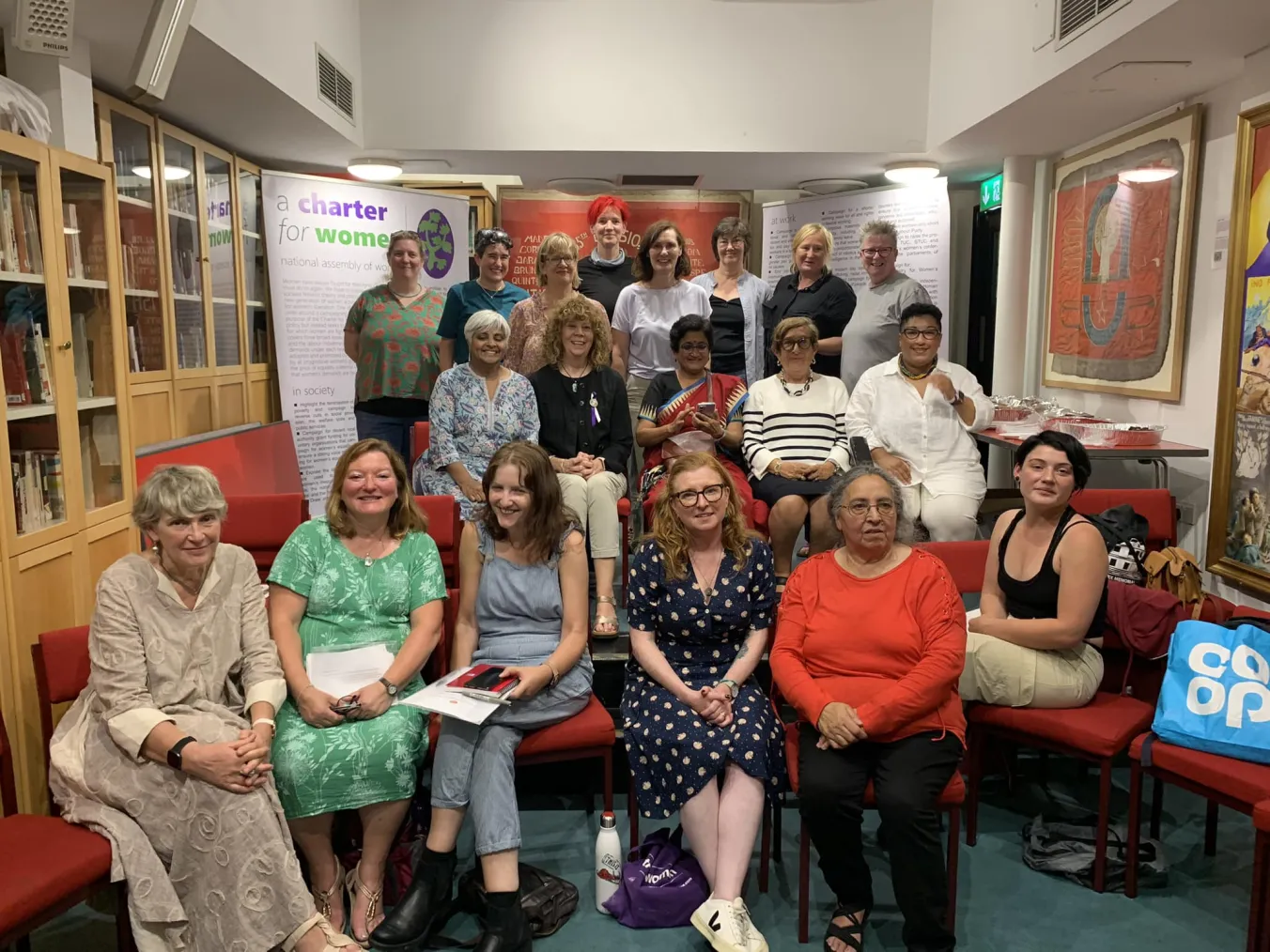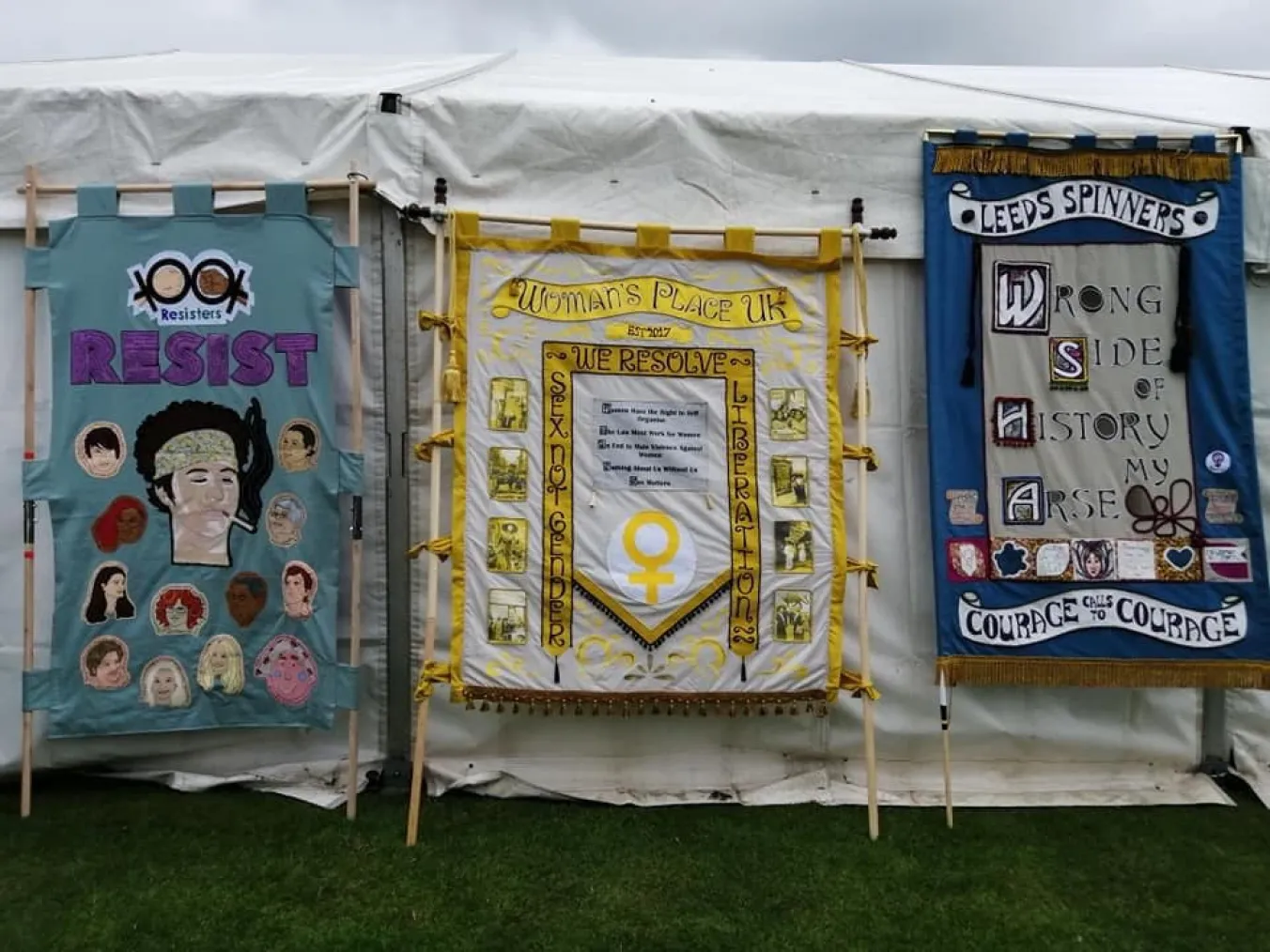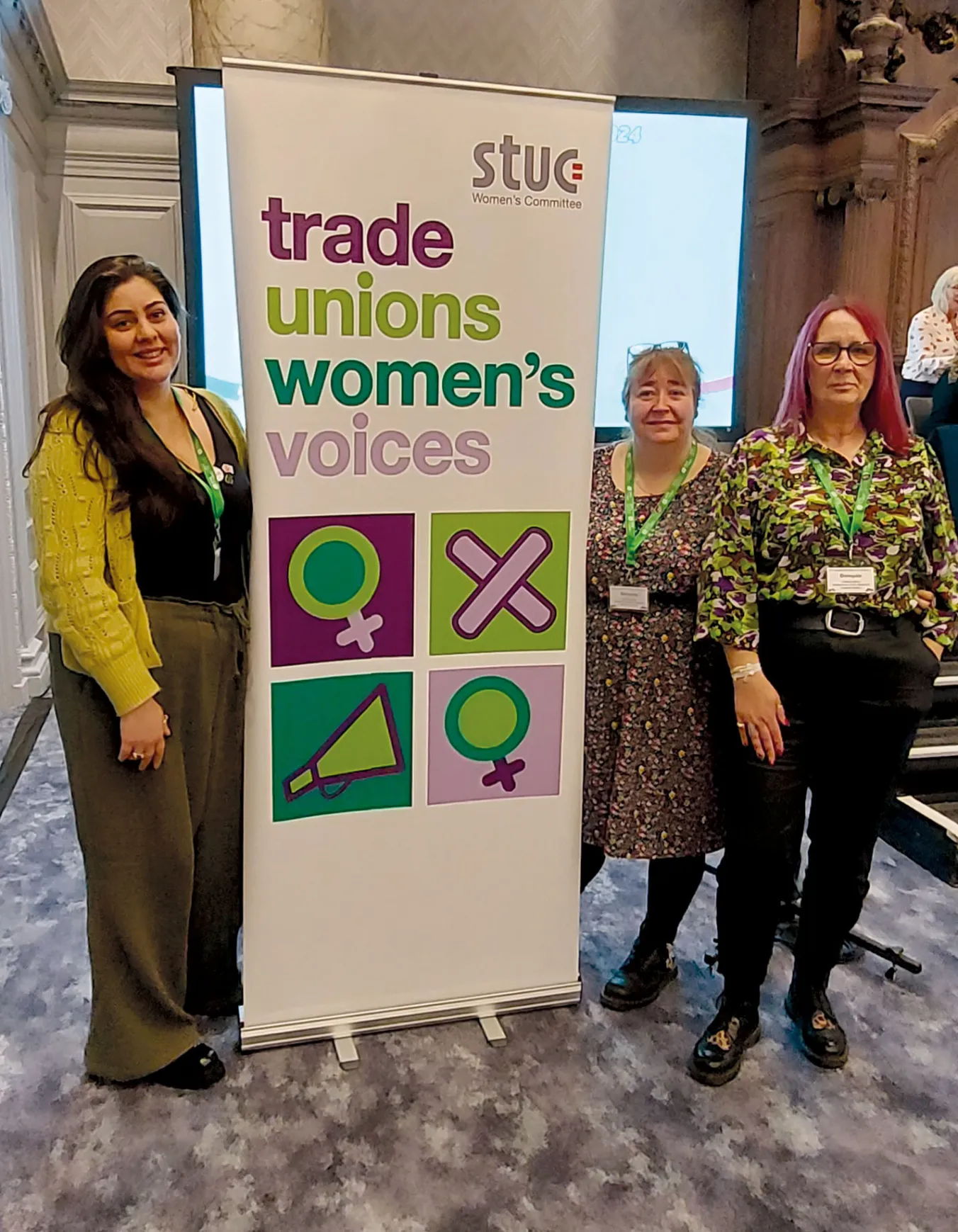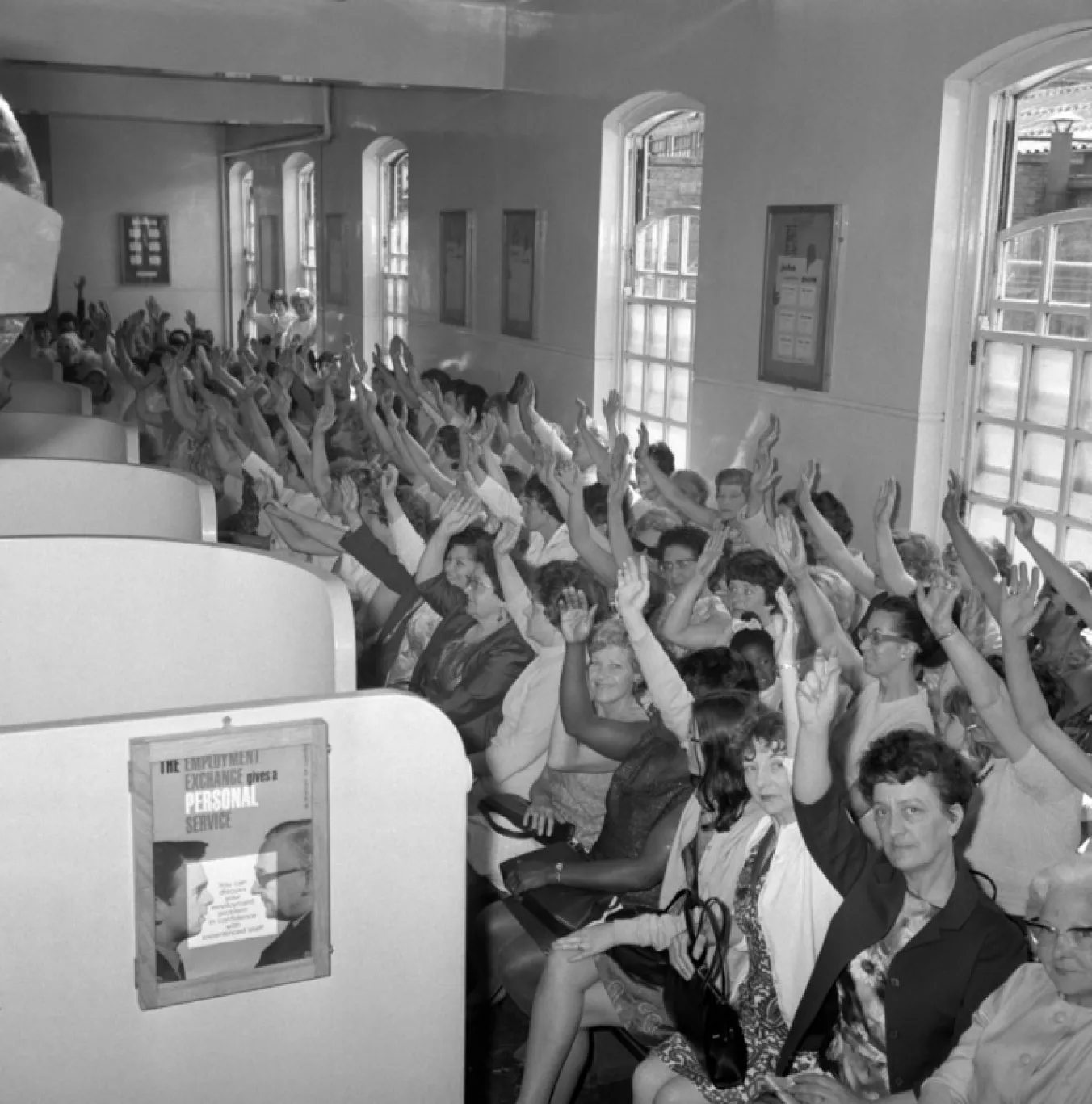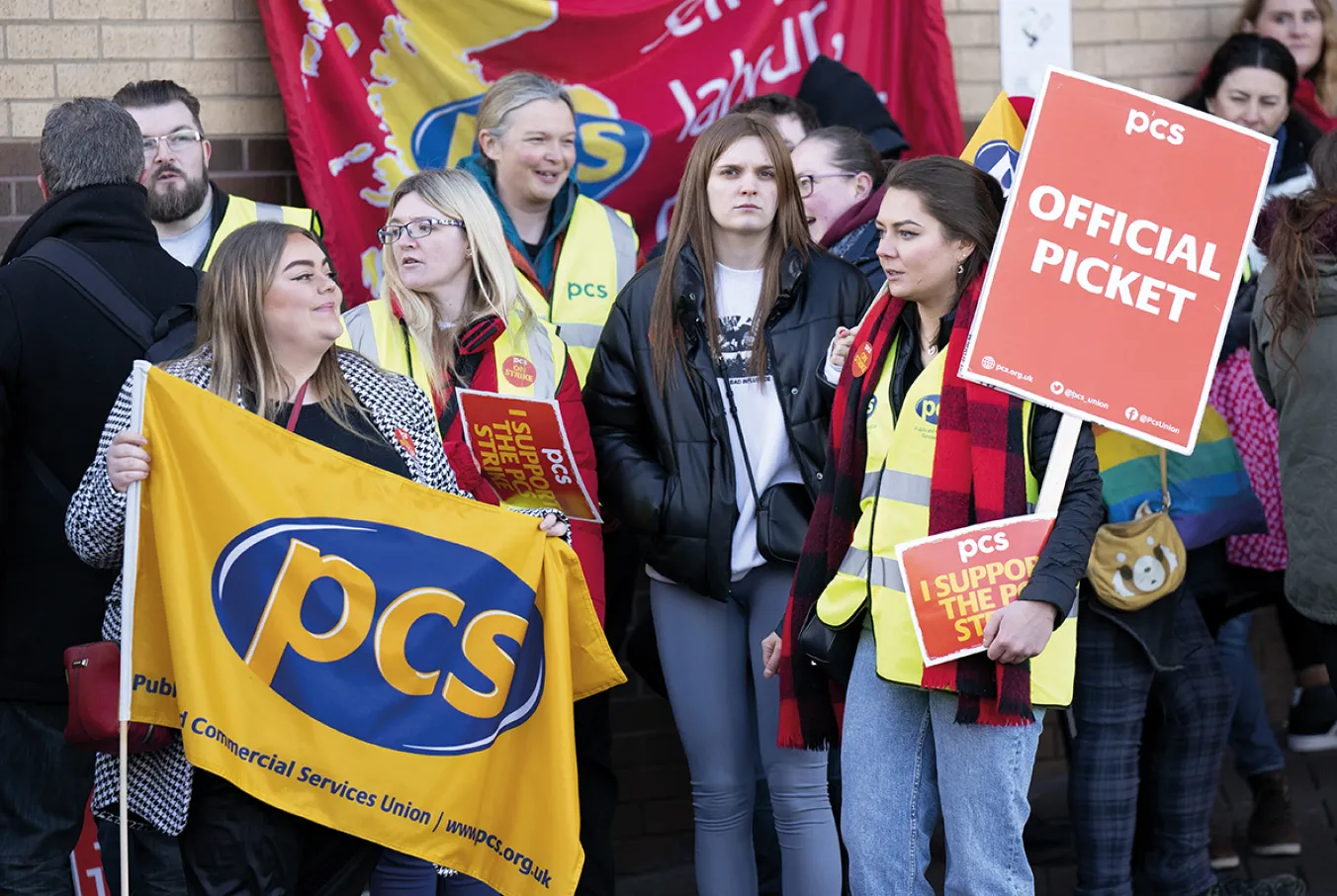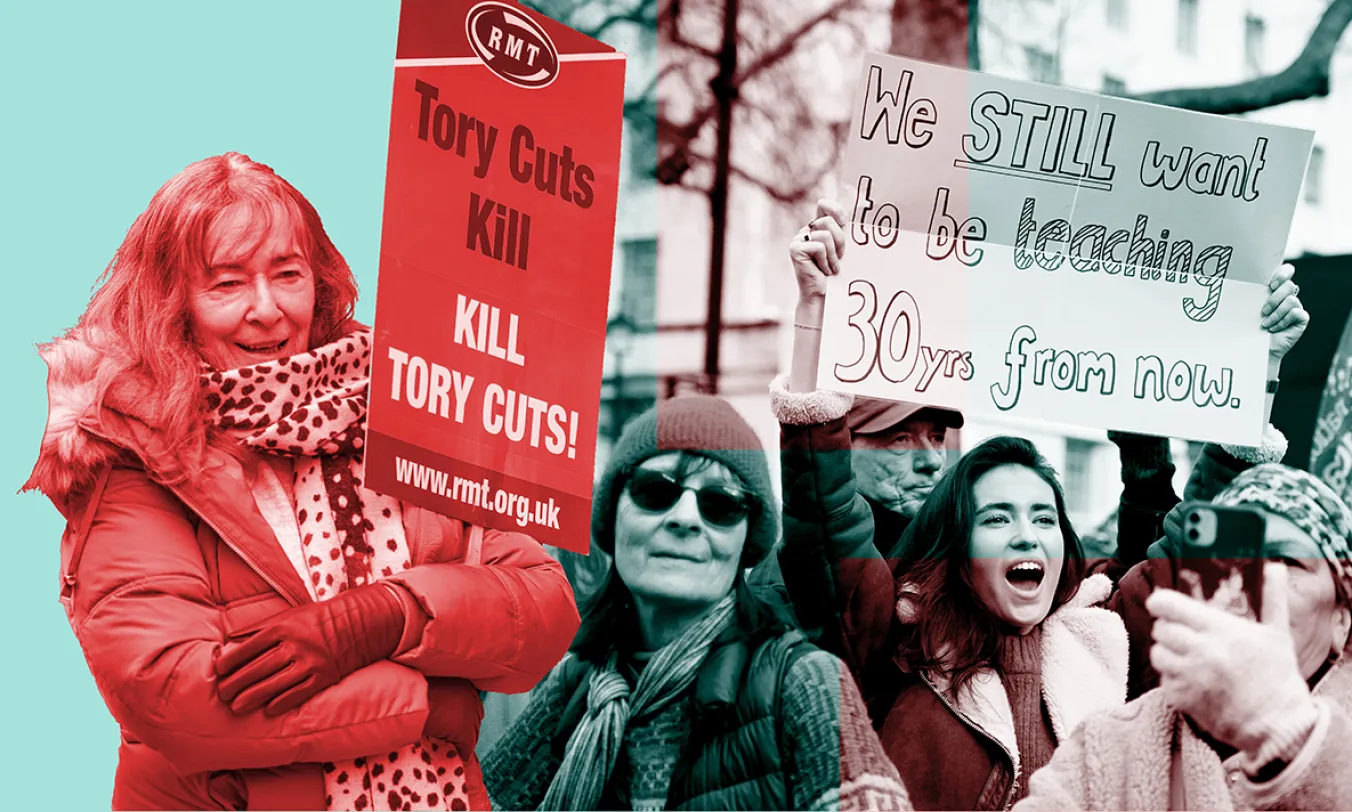
IT’S International Women’s Day again. That time of year when every organisation, trade unions included, rediscover their female memberships, and celebrate women who have fought to improve working conditions or made significant contributions to society.
We will all be reminded that where women have organised together as women, policies can change.
The current FBU campaign, Fight for 52, demands that all UK fire employers extend any current arrangements on maternity leave, to implement 12 months on full pay following birth. The importance of new mothers not being exposed to fire-related toxins should be built into workplace policies. This week we learned that the Greater Manchester Fire and Rescue Service has agreed to 52 weeks full pay on maternity leave.

